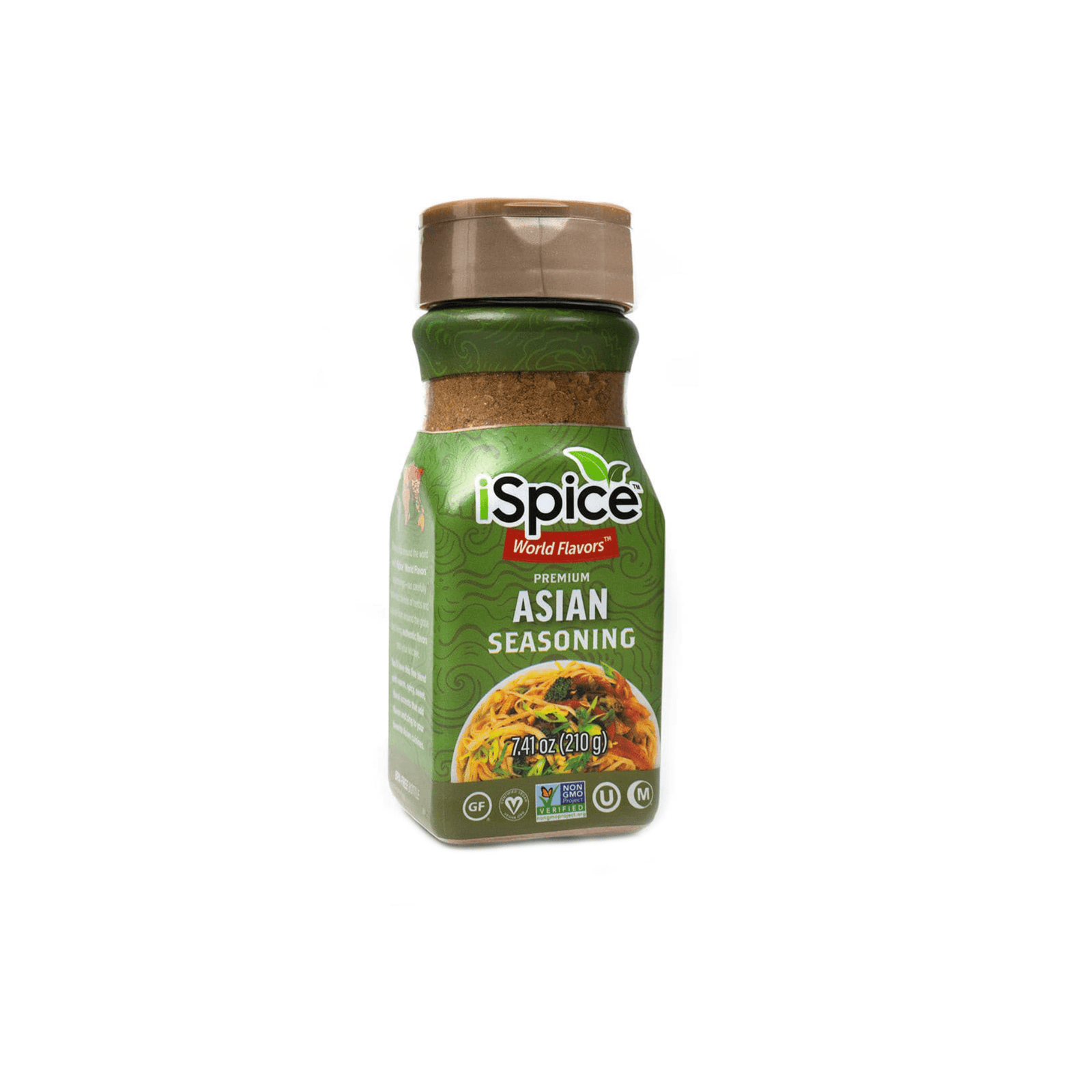Coriander, aka Coriandrum sativumis, aka cilantro (in Spanish), aka Chinese parsley, is a leaf similar to parsley. It is a Mediterranean herb that is part of the carrot family and its flavor is often referred to as a blend of lemon and sage. Dried coriander seeds have a warm, nutty, citrusy taste and can be added to dips, soups and chutneys. Finely ground coriander, known as Dhania in India, is used as a thickening agent and is a key ingredient in curries and other Indian dishes. Coriander is also a common spice used in Mexican food.Coriander is native to regions spanning from southern Europe to northern Africa to southwestern Asia. It has been cultivated at least since the time of the ancient Egyptians, and the Romans introduced it to the British, regarding it as a high-status spice that could be used in place of black pepper. It eventually fell out of use in Britain, except as an ingredient in gin!Known all over the world for its medicinal properties, coriander is a source of potassium, iron, vitamins A, K and C, folic acid, magnesium and calcium. It is known for aiding in digestion, treating conjunctivitis and as an antidiabetic. Due to its high vitamin content, coriander has also been used as a treatment for hair loss.
Alert: While spices can have many beneficial properties for health, using them for medical purposes should be done under the guidance and supervision of a healthcare professional or specialist. Some spices may interact with medications or cause adverse reactions in certain individuals, and it is important to use them safely and appropriately. If you are considering using spices for a medical condition, it is important to consult with a healthcare professional before doing so.
| |
Benefits of CorianderSome research suggests Coriander may have the following benefits:
|





















































